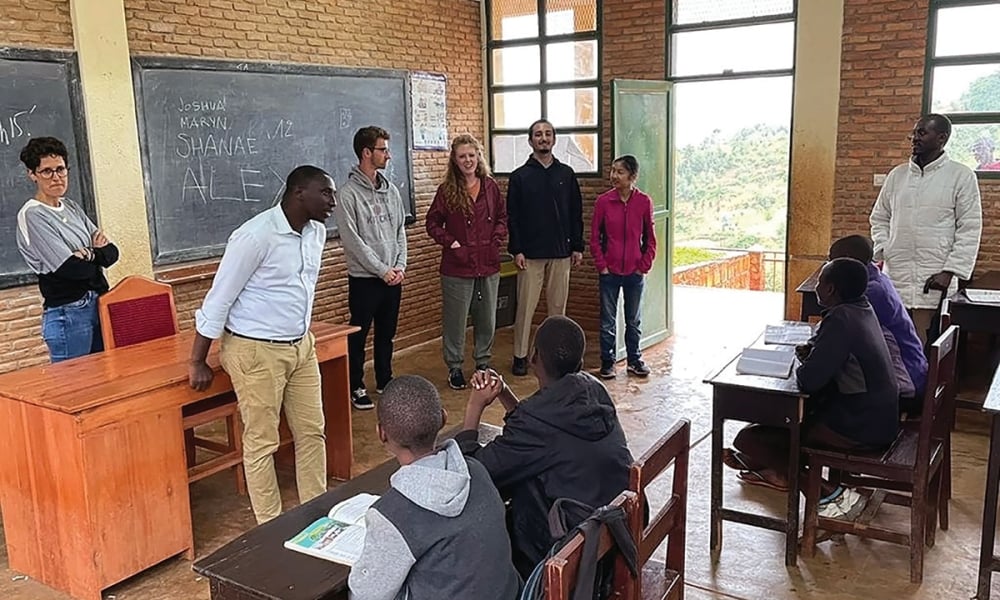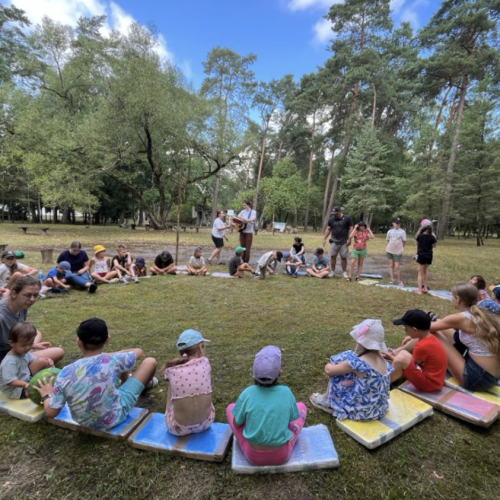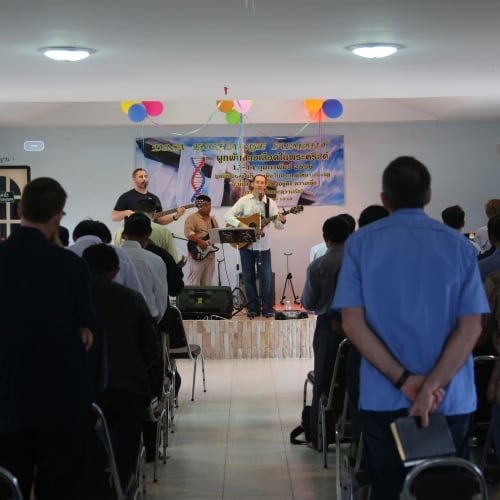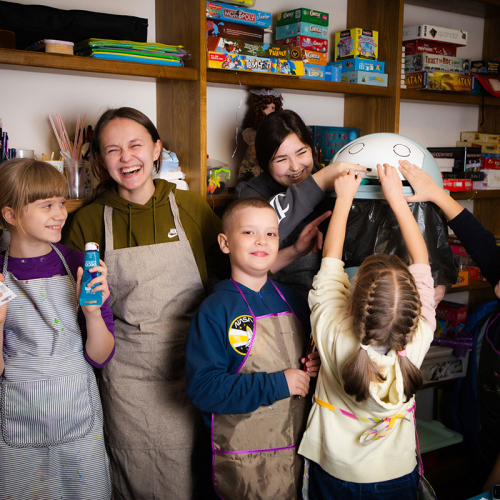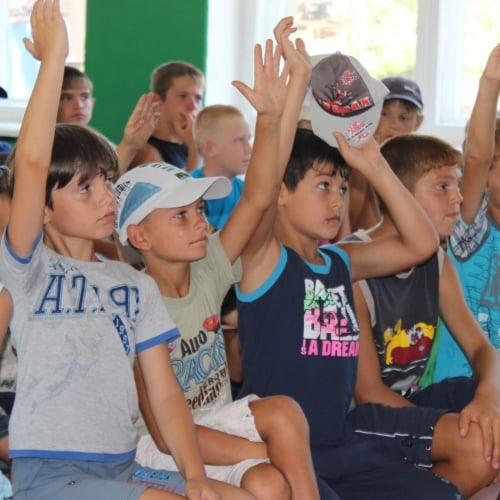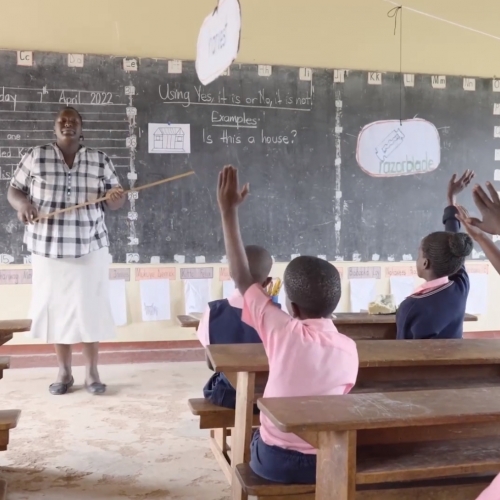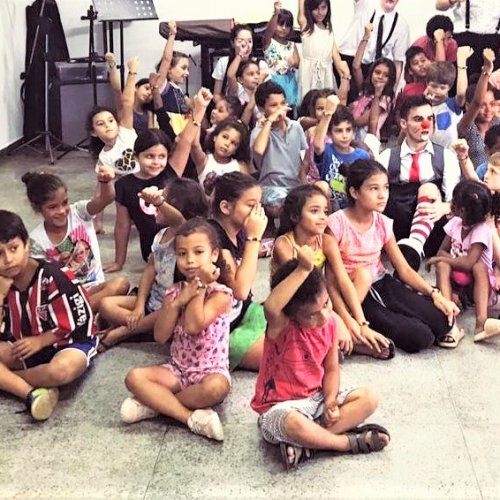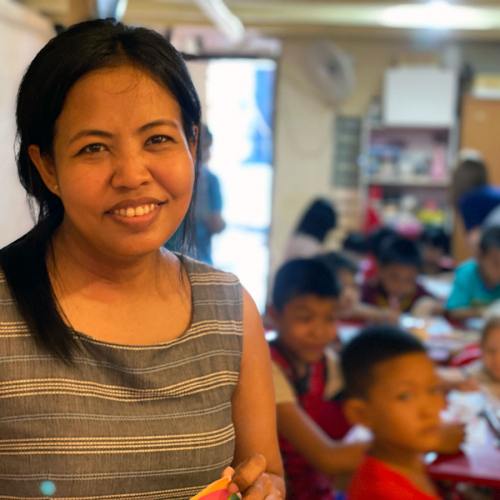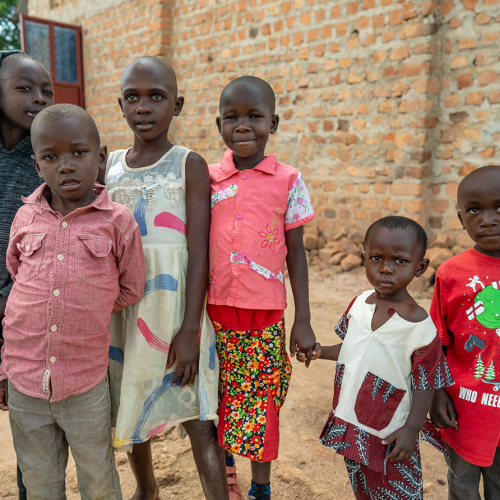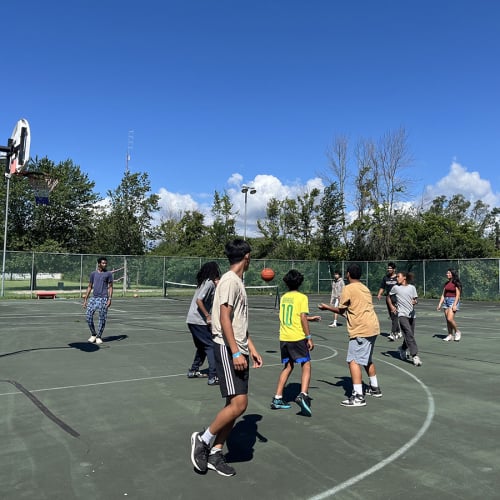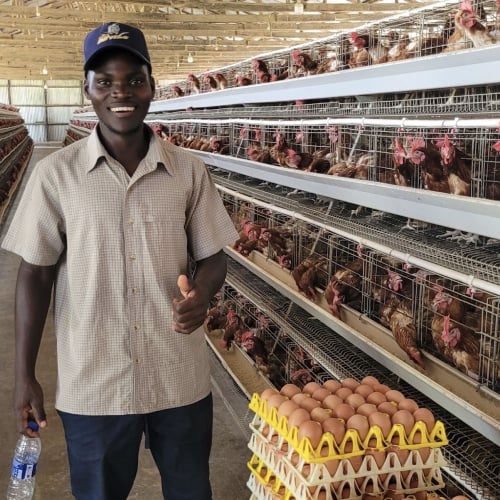“We talk a lot,” Anna said, speaking of fellow teachers at the school where she serves in Sub-Saharan Africa. “It is not unusual for us to have three-hour meetings–talking and strategizing and praying, not realizing how many hours have passed by!”
What are these meetings about? The dynamic power of the Gospel to bring transformation through both word and deed and, in this context, through education.
Anna, a Multiply global worker mobilized from Europe to serve in Africa, has been serving as an educational advisor at a Christian school with a reputation for educational excellence, as well as a reputation for radical inclusivity. The school is open to all ethnic groups in this region of Africa, including two who have been historically hostile to one another, and one minority ethnic group which is unanimously treated with outright contempt.
Anna was delighted to see how the classroom could be used to promote the Gospel value of reconciliation. Delighted as she was, adapting to her new surroundings and role was not easy.
“When Anna began to teach with us,” one teacher shared, “I could see how much she needed to learn and accept about our culture, social codes, and even our educational system. I was very aware of the strengths and weaknesses of my own culture, so I tried to help her to understand.”
“I did not see my own biases… May God forgive my quickness to judge! There was so much that I did not see.”
“I did not see my own biases,” Anna admitted. “For example, I criticized the teachers, thinking that they were just doing the bare minimum in their classes. May God forgive my quickness to judge! There was so much that I did not see.”
The national teachers took time to help Anna gain a bigger perspective, explaining that the challenges faced by the teachers were beyond her imagining. This particular country is plagued with floods, famine, disease, and endemic poverty. Teachers do their best to care for the over 500 students, some of whom have to walk great distances to get to school–with or without shoes, lunch or other basic provisions.
“The terrain is rough where some students live, and there are no roads,” she related. “Teachers come by bus, but fuel is not always available. And here at the school, the power can be cut at any moment. There is no way to know what each day will bring. How can teachers come prepared when they don’t even know if their students will show up?”
Anna’s partnership with nationals was invaluable during those difficult months of transition. “At first, I wanted to revolutionize the whole school system!” she laughed. “With the help of the local teachers, my attitude changed. Now I just ask God to make me a blessing to them, so that they don't have to think about giving up.”
Relationship with her fellow educators took time, and required that she prioritize simple friendship. “I had to win the teacher's friendship before they would listen to anything I had to say. Let's be honest! I was much more interested in doing tasks than sitting around the table in the teachers' room, chatting.”
As she leaned into friendship, the other teachers were, at first, cautious. “I was watched all the time,” she remembered with a grimace.” They would comment on everything: the way she dressed, how she talked, who she was interacting with, how much time she spent in the classrooms, how she led her training sessions. “They watched everything!” Anna said, laughing.
As unnerving as this was, over time Anna simply had to accept that her life was on display, and so she resolved to live it well and model the priorities of the kingdom of God. While education may be a vehicle for incarnating the Gospel, love was the only means—for her fellow educators, as much as for the students.
“I needed to value relationships more,” she admitted. “I had to stop explaining what I thought was best, and just live it out instead. I had to stop trying to find the solution to every problem, the answer to every question. I have had to accept things that I do not understand. This is an ongoing journey!”
When the principal of the elementary school was promoted to the position of principal of the entire school, Anna was thrilled. “He is one of my closest collaborators, and a most trustworthy man,” she said. “I was so glad! But also, I knew I needed to pray for him. He would be in charge of a fragile workplace and exposed to criticism.”
This man’s new position had implications for their professional relationship. Still, despite the hierarchical nature of the African culture, the two continued to work together in respectful mutuality.
“As colleagues we do a lot of research together,” Anna said. “We share ideas and strategize about how we can see those ideas being implemented. And we still spend much time in prayer; in every possible way, we want to see the good news of Jesus come into the lives of our students.”
“Please pray for us!” she concluded. “Pray for creativity and boldness. Pray that we would teach as servants of Jesus. Pray for grace and perseverance for the staff, that more of us would partner together as brothers and sisters in Christ, as friends. May God equip us to abide in him and produce fruit in abundance!”

